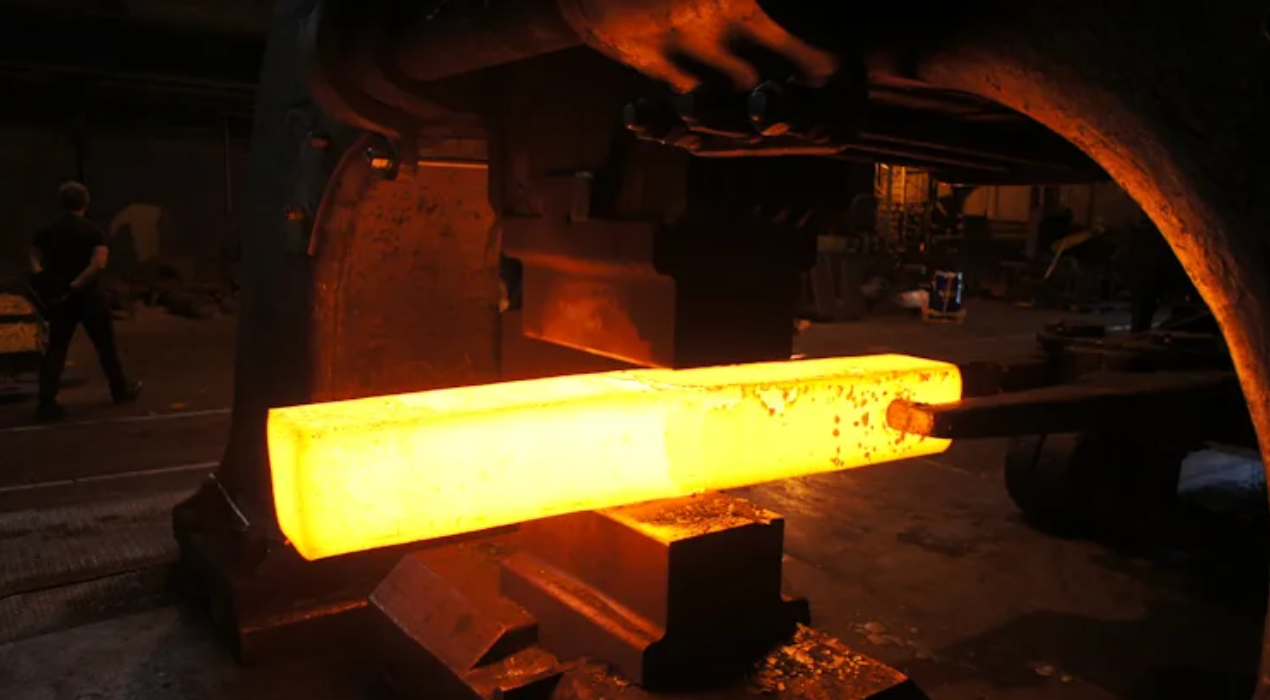Forging, a metal-shaping procedure with the use of localized compressive forces, faces significant environmental challenges along with high electricity consumption, emissions, and waste era. As sustainability gains prominence, forging suppliers are enforcing diverse techniques to lessen their environmental impact. They specialize in enhancing strength efficiency through advanced technology and procedure optimizations.
Innovations in device design and operation are assisting in lowering power utilization and decreasing greenhouse fuel emissions. Moreover, suppliers are adopting waste management practices that promote recycling and the reuse of materials. With the aid of integrating those sustainable practices, forging suppliers not simply follow environmental policies but additionally make a contribution to a greater sustainable enterprise.
Their efforts in minimizing the ecological footprint of forging operations are crucial in addressing international environmental worries, making them vital partners in the transition closer to greener manufacturing practices. This dedication now not only improves environmental overall performance but also positions forging suppliers as responsible enterprise leaders in an increasingly more eco-aware marketplace.
Addressing Environmental and Sustainability Concerns in Forging Operations
This article explores how forging suppliers are tackling these issues through technological innovations.
Energy Efficiency and Resource Management
Energy consumption is a widespread problem in the forging industry. Conventional forging strategies often require tremendous quantities of power to warm and form metals. To address this, many forging suppliers are investing in energy-efficient technology. This includes upgrading to high-efficiency furnaces and adopting regenerative heating systems that get better and reuse heat. Suppliers are also optimizing their techniques to lessen energy waste and enhance overall aid control, supporting the lowering of their carbon footprint.
Waste Management and Recycling
Powerful waste management is essential for reducing the environmental effects of forging operations. Suppliers are focusing on recycling and reusing substances to decrease waste. This includes reclaiming and processing scrap metallic generated at some stage in the forging procedure and the usage of it as raw material for future manufacturing. By imposing complete recycling applications, forging suppliers can reduce their reliance on virgin materials and decrease their standard waste output.
Water Usage and Management
Water is an important aid in many forging tactics, especially for cooling and cleansing. Forging suppliers are adopting water-efficient technology and practices to lessen their water usage. This includes enforcing closed-loop water systems that recycle and reuse water inside the facility. Additionally, suppliers are investing in superior water remedy technology to ensure that any wastewater generated is treated and discharged in compliance with environmental guidelines.
Assessments of Compliance and Environmental Impacts
Forging suppliers are conducting an increasing number of environmental effect exams to understand and mitigate their operations’ outcomes in the environment. This entails comparing various components of their operations, which include strength use, emissions, waste era, and useful resource consumption. With the aid of undertaking those assessments, suppliers can become aware of areas for development and ensure they comply with environmental rules and standards, demonstrating their commitment to sustainability.
Innovation and Industry Collaboration
Collaboration in the forging enterprise is critical for advancing sustainability efforts. Suppliers are operating together to proportion first-rate practices, develop new technologies, and address common environmental challenges. Industry associations and studies businesses play a crucial function in promoting sustainability via imparting assets and hints for forging suppliers. Through collective efforts and innovation, the forging industry can drive giant upgrades in environmental performance.
Remarks
Sustainability must be a top priority for suppliers in their operations as environmental issues continue to gain prominence. Suppliers could make significant progress toward reducing their impact on the environment by focusing on power performance, emissions discount, waste management, water conservation, enterprise collaboration, and other aspects. The forging enterprise’s commitment to sustainability not best benefits the surroundings but also enhances its long-term viability and competitiveness in a rapidly evolving market.
